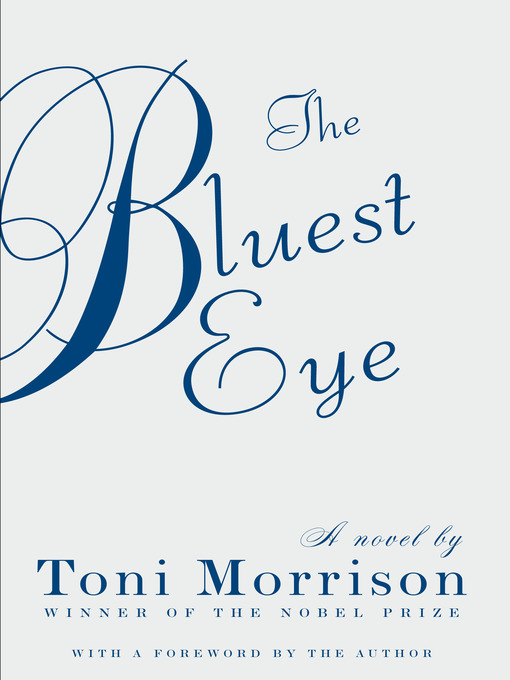I don’t take as much time as I’d like to read. When I do, it is helpful for me to know someone I know thinks the book I’m about to open was worth their time. This summer, I’ll be posting each Tuesday about a book I’ve read recently that is #WorthReading over your summer.

I’m midway through my first reading of Toni Morrison’s The Bluest Eye. This revelation usually garners a response of “Really?” or “What?” or some derivation thereof. I’ll give you a moment to shame me for my cultural incompetence before moving on to one of the effects this book is having on me.
For anyone who’s read the book, you know there’s a scene where the character Pecola enters the house of a boy she meets for the first time on a playground. Morrison alerts her reader to the fact that whatever is about to happen in this scene will be unpleasant.
If you, like me, have never read Bluest Eye, I won’t go into detail about what happens. That’s not what prompts this writing. Instead, this post is inspired by what didn’t happen and what I was sure I was about to read.
Pecola is not raped in this scene.
I’m struggling with the fact I was mentally prepared for that to be the outcome. As Morrison described the boy with whom Pecola is interacting and their brief conversations, I was sure she was giving me the literary equivalent of a trigger warning.
What transpires between the two is nowhere near kindness. The events elicited deep sadness.
Having some time to digest it, though, the thing that hurts my heart the most is my ready assumption that I should be steeling myself against sexual violence. I have turned this thought over since the reading, trying to understand why I assumed that the bad thing that was about to happen to this character would be the worst thing I could imagine.
It’s likely the intersection of several factors.
The last book I finished was Gillian Flynn’s Dark Places. If you’ve seen or read any Flynn, you know she writes for the jugular. Any character, sympathetic or not, is going to be put through hell. It’s possible that Dark Places primed my brain for this “kill and torture your darlings” philosophy as the default for whatever Morrison or any other fiction writer had in store.
This is possible, and I worry that Flynn doesn’t actually bear the weight of my expectations.
I worry that it’s a million threads weaving together that led me to expect that this young, female, African American, impoverished character who is described as “ugly” several times leading up to the exchange will be raped.
And I worry I thought this as I yelled at her to “Turn around!” when she and this boy started talking in the book. And I worry that I thought this when he closed the door as they entered his house and my eyes started to well with tears.
Mostly, though, I worry what it implies that the actual events that transpired in this scene still led me to think, “I’m so glad he did not rape her.”
Do you get this? Because it’s been heavy on me since the reading.
The absence of rape with the presence of other embarrassments I wouldn’t wish on any other person was a relief.
Race, class, gender, power, prescribed concepts of beauty – this is how some part of my brain has come to expect them to intersect when presented as Morrison presents them here.
I cannot explain how deeply it hurts to realize this is what I was assuming would happen.
It is the same feeling I have when I assume a queer character in a mainstream fiction will either be coming out or be emotionally and/or physically abused for being different.
It’s also where I find hope in the world outside literature. In the same way I know the LGBTQ experience is fuller, richer than the coming out process or the events of Boys Don’t Cry, I know that all of the cultural identifiers Pecola carries with her do not mean the hurt and torment visited upon her are certain in the real world as they are each time someone discovers The Bluest Eye.
Perhaps thats why I turn to literature. In it I can see what is possible if I work to make the world a more perfect reflection of what I hope to be possible and a portent of things I must work against in case our demons overpower the angels of our better natures.